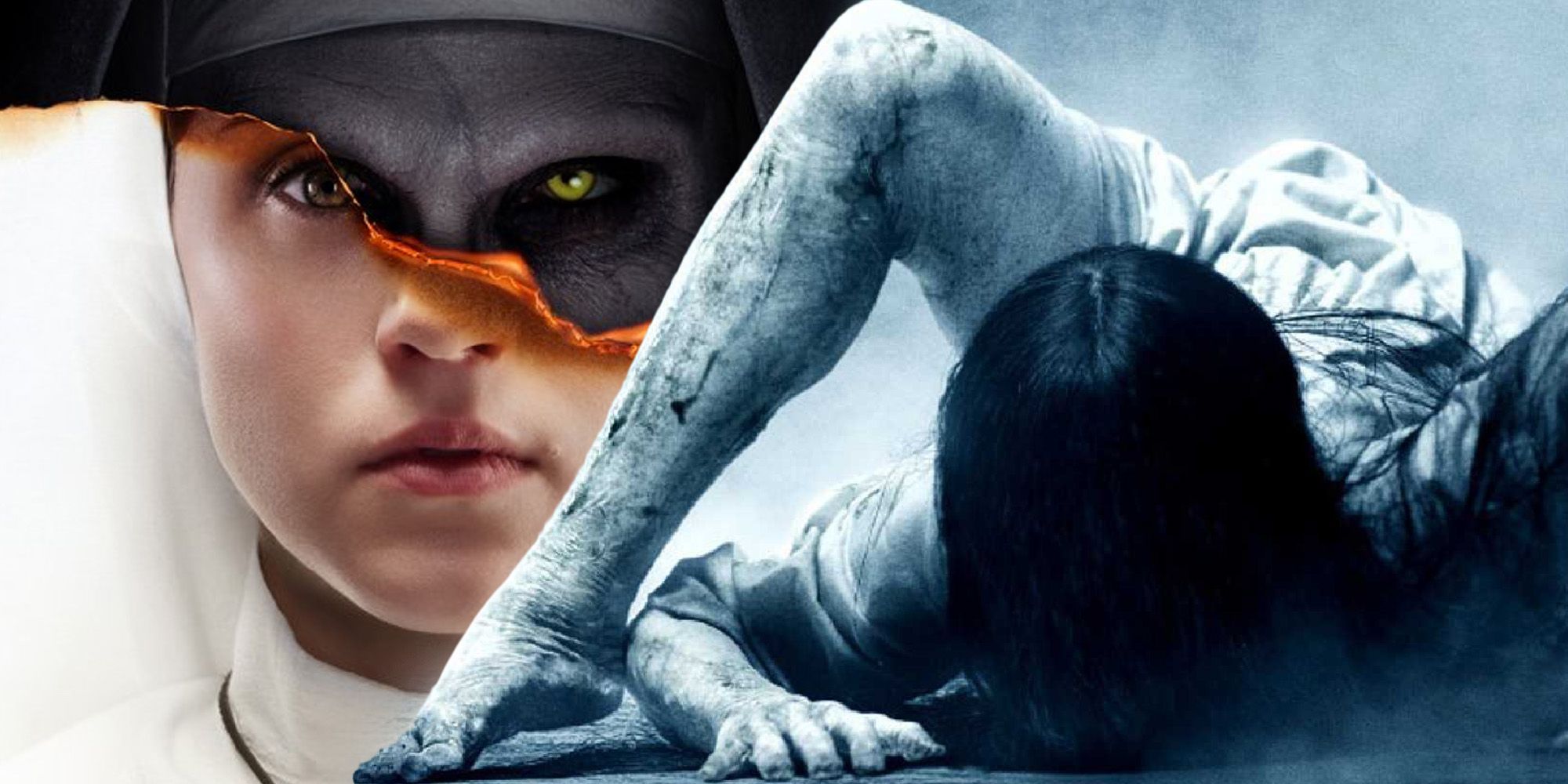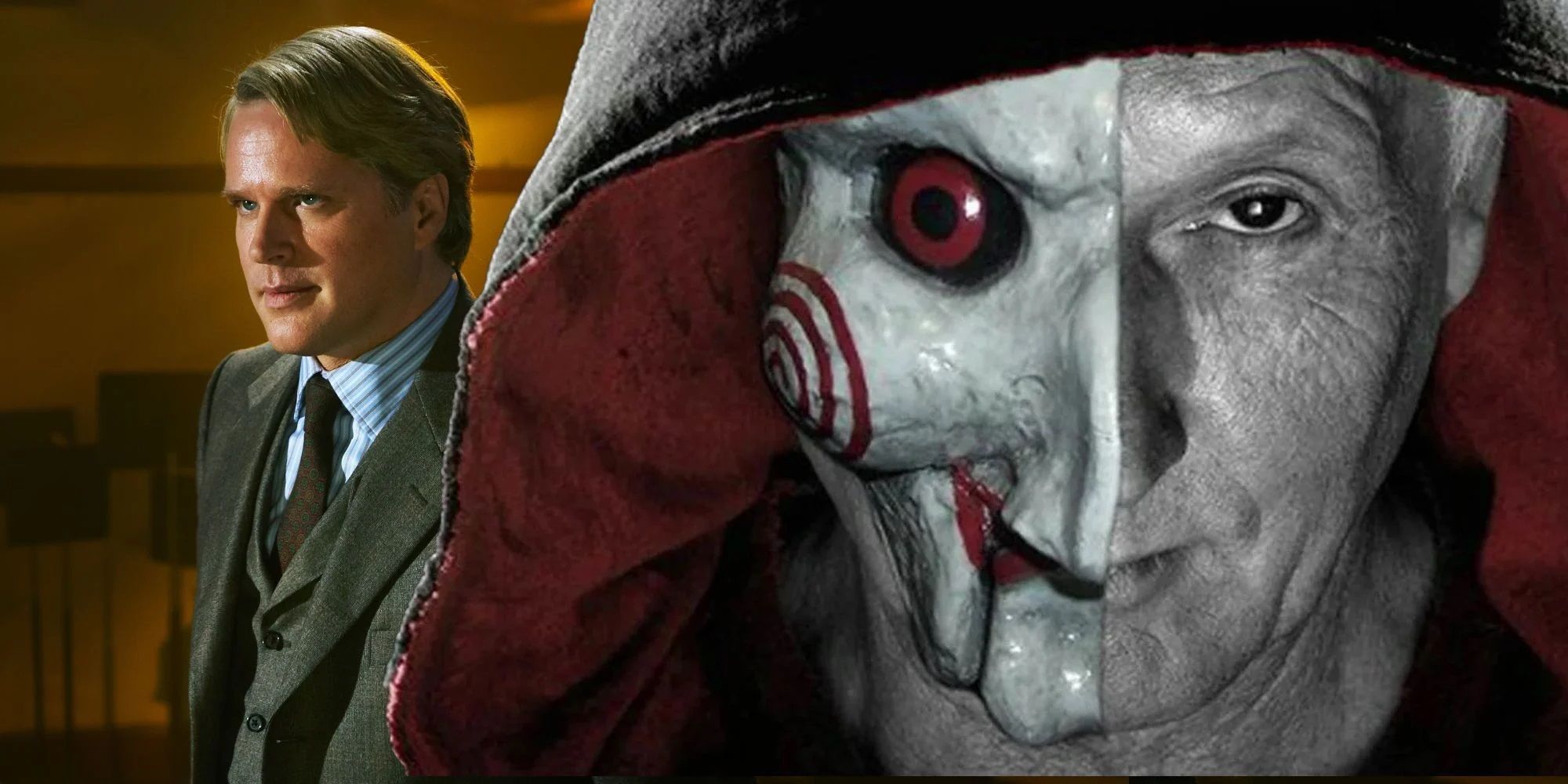The horror genre has undergone a massive renaissance in the 21st century, but which is the best decade for horror, the 2000s or the 2010s? Every decade has its share of horror highlights, beginning way back in the silent era of the 1920s with chillers like Noseratu or The Phantom of the Opera and carrying through to the classic Universal monster movies of the '30s and '40s.
The '50s brought nuclear warfare-inspired creature features and B-movies such as Creature From the Black Lagoon, The Blob, and Godzilla. The '60s pushed the envelope with Alfred Hitchcock's Psycho and Roman Polanski's Rosemary's Baby. The '70s and '80s saw a push-and-pull between serious-minded works of cerebral terror like The Shining or Alien and the exploitative thrills of A Nightmare on Elm Street or Hellraiser. The '90s were mostly a transitional period which, despite the introduction of M. Night Shyamalan and a Best Picture win for The Silence of the Lambs, mostly offered middling slasher movies capitalizing on the sub-genre's boom in the '80s and the first major found footage film, The Blair Witch Project.
The 21st century introduced a new peak for horror movies, with major box office hits and auteur-driven works collectively pushing the genre into a new Golden Age. Which is better overall, the 2000s or the 2010s? The choice is honestly quite simple.
The 2000s had plenty of high points, from the subterranean terror of The Descent to the eerie twist on the vampire mythos that is Let the Right One In. Sam Raimi returned to his Evil Dead roots with Drag Me to Hell and Danny Boyle and Alex Garland made "fast zombies" mainstream in 28 Days Later. By and large, the decade was defined by a post-9/11 anxiety that exposed the ugliest tendencies of the genre. The macabre gave way to the mean-spirited in the Saw franchise and in Hostel, Eli Roth's nauseatingly grotesque exercise in "torture porn."
Americans became more and more terrified of violent outsiders invading their sacred living spaces. Therefore, it made sense for the genre to reflect the paranoia Americans were feeling in a decade which began with the largest terrorist attack on United States soil. However, the nihilism of movies like The Strangers somehow crossed the boundaries of horror into sadism. Elsewhere, American remakes of Japanese horror movies like The Ring paled in comparison to their original versions, and the found-footage gimmick of The Blair Witch Project spiraled out of control with the shaky-cam histrionics of Cloverfield and direct-to-the-bargain-bin ripoffs like Quarantine.
Compare all that to the 2010s, which practically exploded with horror offerings in both mainstream and arthouse cinemas. Filmmakers of all types left strong directorial stamps that chilled audiences to the bone while also displaying immense craft. These films spawned the term "elevated horror," a phrase mostly derided as a nonsensical dismissal of great works of horror cinema from before. Even so, it's easily applicable to a decade which gave us Get Out, Jordan Peele's genre-bending phenomenon whose biggest monster was complacency in the face of racism; The Babadook, Jennifer Kent's nightmarish exploration of grief; and The Witch, Robert Eggers' spooky New England folk tale which would not have looked out of place in the Best Cinematography lineup.
That's not even mentioning the emergence of director Ari Aster, who followed up his terrifying masterpiece Hereditary with the best breakup movie since Forgetting Sarah Marshall, Midsommar. For those who shrug off those offerings as artsy critical darlings with no scares, look no further than James Wan's one-two punch of Insidious and The Conjuring, massive box office success stories which also happen to be two of the most jump-scare heavy movies of the past decade. When given the choice between the 2000s and the 2010s as the best decade for horror, the answer is simple. While films from the 2000s reflected the anxieties and paranoias of the time, the mean-spiritedness on display was more sadistic than spooky.
The 2010s ushered in the release of a slate of instant classics and debuts from ambitious new filmmakers who explored big ideas while still giving audiences a whole new batch of nightmare fodder. With smarts, style, and good old-fashioned scares, 2010 represented the best decade for horror and the best the genre has to offer.


